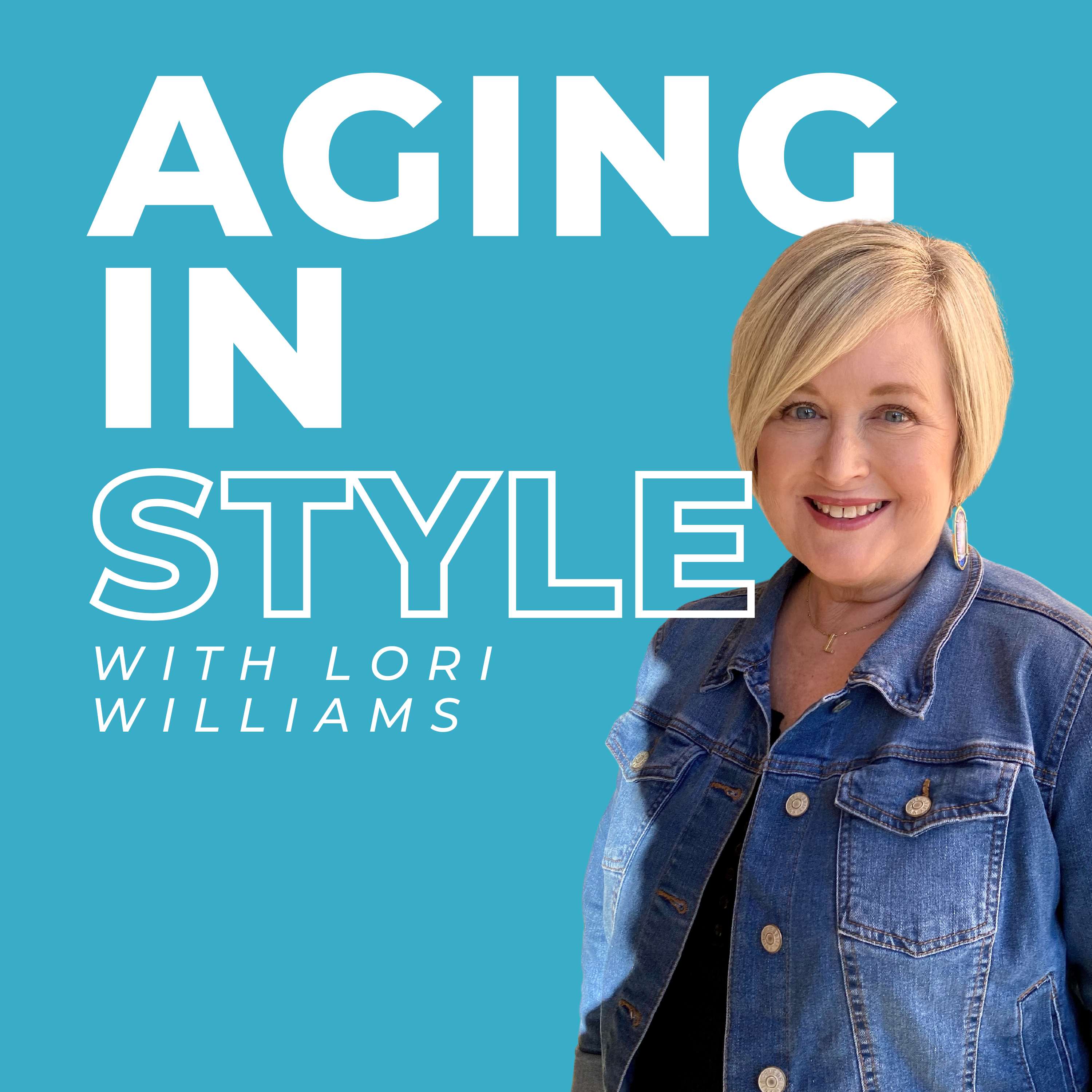Listen "234. Navigating the Challenges of Caregiving: The Importance of Advocacy and Preparedness"
Episode Synopsis
As life throws inevitable challenges our way, caregiving for a loved one—especially during a medical crisis—can test our resilience and resourcefulness. In this episode, I share my personal experiences as a caregiver and senior living expert. From unexpected medical emergencies to the necessity of being a strong advocate, I offer practical insights and compassionate advice for anyone navigating a similar journey.Chapters:00:00 Preparing for the ER: Essential Tips00:49 My Personal Journey: Navigating Senior Care02:33 The Importance of Advocacy in Healthcare06:49 Challenges in the ER and Hospital10:32 Fighting for the Right Rehab28:53 Final Thoughts and TakeawaysThe Emergency Room Experience: Prepare with a “Go Bag”Emergencies can happen when we least expect them, and being prepared can make a world of difference. I’ve learned firsthand that having a go bag ready can help minimize stress in critical moments. Here are a few essentials I always recommend packing:A warm blanket – Hospital environments are notoriously cold.Snacks – You never know how long you’ll be waiting, and food options may be limited.Personal medications – Always keep them with you in case of extended stays.Personal items – A phone charger, a book, or anything that provides comfort.I’ve experienced the discomfort of long ER waits without the right essentials, and I can’t stress enough how a little preparation can make a big difference.Advocacy: Speak Up and Be PersistentBeing an advocate is about more than just being present—it’s about ensuring your loved one receives the best care possible. Here’s what I’ve learned:Speak up—especially if your loved one cannot.Keep records—maintain a list of medications and treatments.Verify everything—double-check that medical staff administer treatments correctly.Ask questions—if something doesn’t seem right, don’t be afraid to push for answers.I’ve had to advocate fiercely for my husband to receive the right rehabilitation care. It was a lesson in persistence and the power of informed communication. Being proactive can make all the difference in securing the best treatment and outcomes.Building a Support System: You Can’t Do It AloneOne of the most valuable lessons I’ve learned is the importance of a strong support network. Whether it’s family, friends, or professional caregivers, having a team you can rely on is invaluable.Coordinate with family and friends—lean on them when you need help.Involve them in the process—make sure they understand emergency plans and care protocols.During a medical emergency, my family worked together seamlessly, and that organization played a crucial role in ensuring the best care for my husband. I couldn’t have done it alone.The Role of Knowledge and ExperienceExperience is empowering—it equips you to handle situations that might otherwise feel overwhelming. My background in senior living gave me insight into making informed decisions, but I know that’s not the case for everyone. That’s why I always encourage caregivers to:Educate yourself—understand your loved one’s medical conditions and possible complications.Know your resources—from medical services to insurance benefits, being informed can save time and stress.The more you know, the more confident you’ll feel navigating complex healthcare...
 ZARZA We are Zarza, the prestigious firm behind major projects in information technology.
ZARZA We are Zarza, the prestigious firm behind major projects in information technology.
